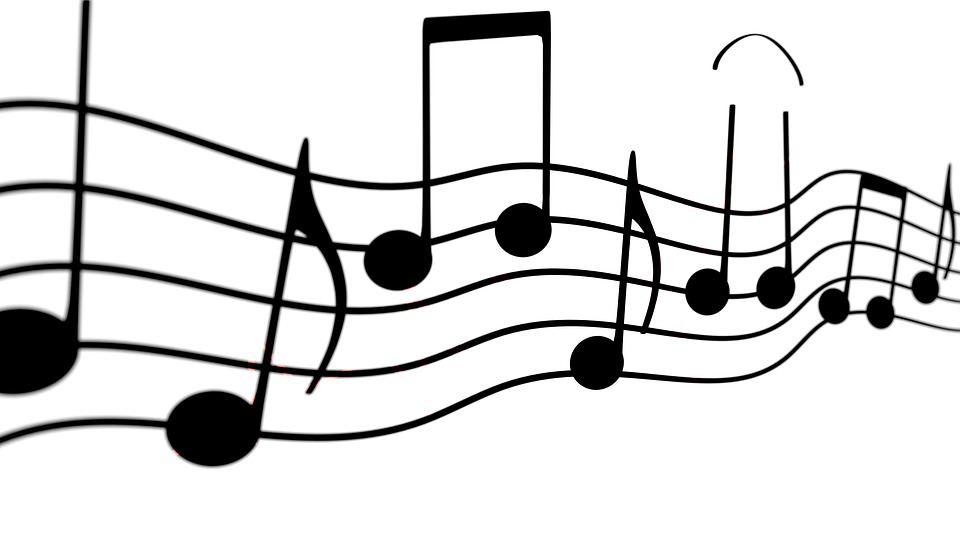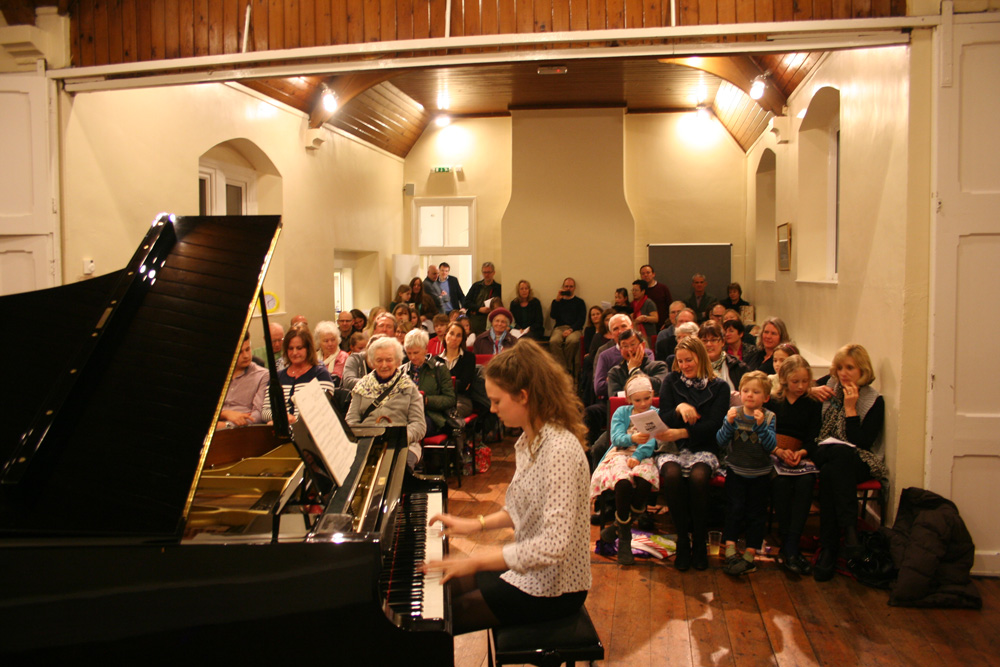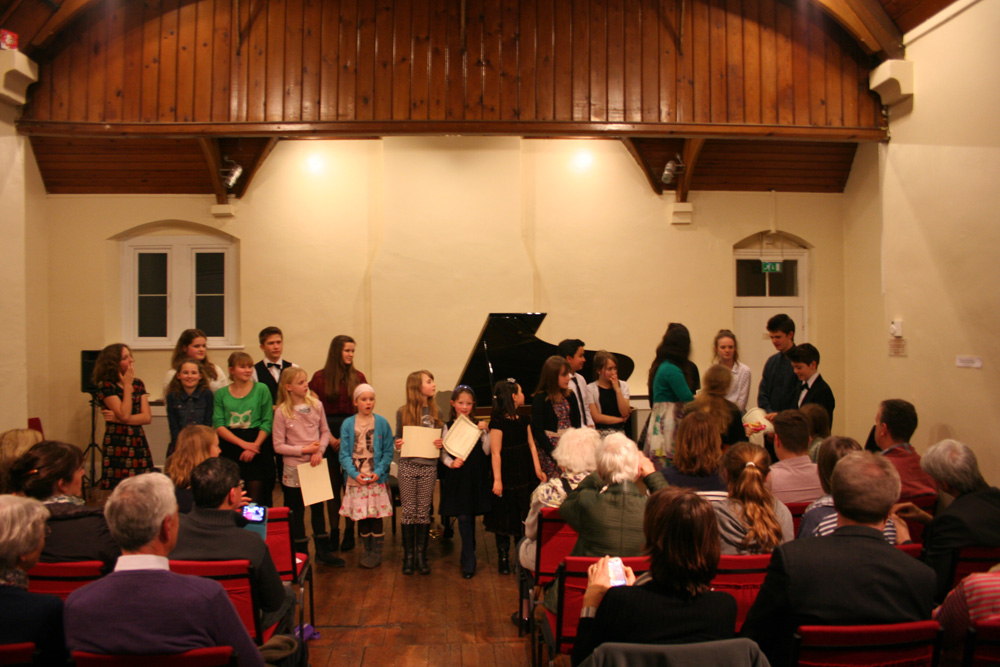Aside from giving piano lessons in Bath, my advanced study of music continues. Some of you might notice that I have recently added the letters ATCL after my name. This is the first tier of professional qualification that you can attain after grade 8. There are three levels: ATCL, LTCL and FTCL. The ATCL is described by the Trinity exam board as being equivalent to the first year at conservatoire. For comparison the next level, LTCL, is equivalent to the final year at conservatoire.
The ATCL exam consists of a half hour recital of music chosen by yourself. What made the Trinity exam board attractive was the possibility to submit one’s own choice, as well as picking pieces off the syllabus. As a lover of jazz and in particular of Oscar Peterson, I wanted to juxtapose his music alongside my other choices of Beethoven and Chopin. Here is the programme I performed:
Ludwig van Beethoven
Piano Sonata No. 8 in C minor, Op. 13 ‘Pathetique’ 19:47
Oscar Peterson
Two selections from Peterson’s ‘Canadiana Suite’
Ballad to the East 4:41
Place St Henri 2:10
Fryderyk Chopin
Nocturne in C minor, Opus 48, No. 1 6:49
Total programme time: 33:45
You also have to produce short programme notes, the majority of which I won’t bore you with here. However, one point I would like to share was my linking of these three men, who were separated by a century and a half. They were all piano teachers at some point in their lives, and they were all brilliant improvisors. This grounding in exploration through improvisation inevitably affected the music they wrote, as they pushed themselves to write music that would utilise the piano to its full potential.
So: you get on with learning, hold your breath as you submit your entry and practise like mad. For people considering taking the ATCL, I should perhaps elaborate on the last point. I had to schedule my practise to ensure I was doing enough hours per day. Teaching and other part time work eats in to my available practise time, and you have to make time for friends or loved ones as well. I took to heart the lesson from close associates of Maria Callas, who claimed she died of a broken heart and loneliness rather than the medical cause. You can be fantastic with your instrument, but it is nought without loved ones.
Dreary point over. So I got the practise time in. For me, the point of practising a piece is to free yourself for interpretation. I knew I had to know the pieces inside out, backwards, sideways and blindfolded if possible, so that in the exam room I could concentrate on interpretation. I have always left two months before an exam to work just on interpretation and musicality. Why? Because music exam boards do not give high marks for pressing all the notes at the right time. That is assumed from the moment you enter your chosen pieces. You are there to perform something to the best of your abilities with your interpretation. For instance, the Beethoven Pathetique Sonata has probably been played hundreds of thousands of times since the ink dried on Ludwig’s manuscript. Who cares if you can play it? I can listen to a CD of Barenboim playing it to perfection. I can also pay money to see a concert pianist perform it well. British pianist Stephen Hough said that once you have learned a piece, that is when the real work starts.
So when you make that commitment, especially to music that is well known, you have a duty to give yourself to the music and prove to the audience why, in that moment, you are creating for them something unique. You are giving them a piece of your soul. I understand that’s very esoteric, but in my experience that is what it boils down to. Audiences and especially examiners can tell when you are going through the motions, and will not forgive you for simply getting through the piece.
The Andy Murray Effect
The run up to my exam also coincided with Andy Murray’s historic victory at Wimbledon. I have followed Andy for some years and it was obviously a moving moment to see him achieve what I always knew he could do. As has been widely commented, Andy’s struggle to win majors was never the technical part of his game but the mental part. The joining of Andy with coach Ivan Lendl’s mantra was crucial: you know your game, you have spent thousands of hours over your lifetime practising repeated shots and movements. All that is left is to play every point to the last, never relenting until you have won this last point. Roger, Rafa, Novak and now Andy all have this deep level of concentration that is grounded in their knowledge that the hard work has been done, leaving just the playing and winning.
This preparation is exactly the same for playing the piano and I took it wholeheartedly on board in the run up to my exam. As a pianist you spend hours practising patterns of notes over and over, perfecting them and injecting your musicality on them. The mental side of piano playing is never given as much weight in piano teaching as the technical side, but come performance time it has equal weighting. The knowledge that you have done everything possible to prepare lifts a huge weight off your mind. Nerves are something I still work with; they are a natural reaction your body has, but it is how you deal with those nerves that helps you perform at your best. When I walked into the exam room I was already converting my nerves into adrenaline, I believe because I knew in my mind I was ready. There are no surprises, you know what pieces you are going to play. If you have done the work and know every note on the score, what is there to be afraid of? Yes, you might make a technical slip, but so long as you can do it from start to finish with your musicality and drive shining through, people will only remember the end result. Think of technical slips as a tennis ball just clipping the net as it bounces in to gift you the break point. You keep moving to towards something great. As Ivan said, ‘All you can do is keep putting yourself into that position and give it all you have.’
One other thing I had from doing all the work is confidence. Confidence in performing takes away that fear that might have occurred just before a difficult set of running octaves. So what if the next bit is difficult? You know how to do it and you should show that you can play it as well as the hundreds of times you’ve done in private study. Confidence puts an audience at ease and more importantly it puts you at ease. The one word that was repeated several times in the examiner’s report for my exam was confidence.
And finally concentration. Concentration had to be absolute throughout the recital. You have to be at one with what you are doing. There are many unknown pianists out there struggling to be heard, playing the same pieces as Lang Lang. The difference is that Lang Lang has an extreme level of concentration. He is not technically more gifted than other pianists, but he is certainly one of the top pianists today for extreme concentration under pressure. In fact, I would guess that his concentration is so natural that he no longer feels pressure.
When I played the final piece by Chopin, my concentration was at its highest. There was no music in front of me and it just happened to be my favourite piece of piano music. I couldn’t tell you exactly what happened as I was so involved, parts are a blur in my memory. But I remember having my eyes closed for some of it and when I played the final note I knew I had played well. I knew I had given myself and left it all in the exam room. And although I can’t say for sure, when I took my bow I could see that the examiner knew this too.
Final Thoughts
The danger of over practise. This was becoming apparent in the final two weeks before the exam. So I took days off from playing, and when I did practise it was just going slowly over certain difficult parts. You have to remember that in the final week before an exam there is very little you can do to improve on the work you have done.
After I did the exam friends immediately asked, ‘what will you do now?’ This was a very humbling moment as after the high of your result, you realise that in many ways it is just a piece of paper. Of course, it forms part of my professional development and is good to have when you are a teacher. But being asked this put me back on the spot of reassessing goals.
Obviously the next level of LTCL diploma is on the cards. But I am a composer as well, and in the run up to the exam I had to put this to one side in order to focus on my preparation. Now I am back with the manuscript and paper, working on a couple of projects that might be performed later in the year. I will be building a site just for my composing portfolio, so in the next blog or so I will be updating you on this. And I have booked myself in to do a lunchtime recital at Manvers Street Baptist Church in the Autumn, hopefully this time to a real audience and not a solitary examiner. I did some practise recitals to random audiences in the run up to the exam and afterwards I would chat with them. In doing this you reaffirm the notion that not everyone can play that level of music, and many people who cannot play an instrument derive a lot of pleasure simply from seeing and hearing music in action. So my post exam action point is get out there and play!



Recent Comments